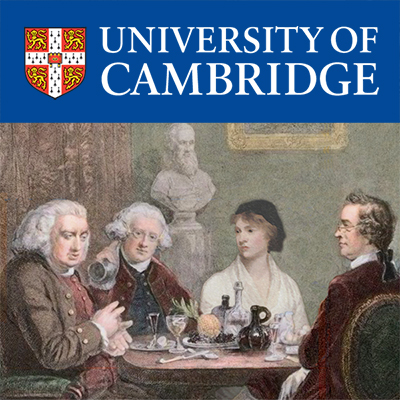Pieter Botha - Considering land and religion in striving for identity
Duration: 1 hour 37 mins
Share this media item:
Embed this media item:
Embed this media item:
About this item

| Description: | The recently completed Freedom Park provides a profound representation of South Africa’s troubled past, evoking memories of forgotten names and long suppressed South African identities. |
|---|
| Created: | 2015-05-19 16:37 |
|---|---|
| Collection: | Clare Hall Colloquium |
| Publisher: | Clare Hall |
| Copyright: | Clare Hall |
| Language: | eng (English) |
| Keywords: | South Africa; religion; identity; |
| Abstract: | The recently completed Freedom Park is a national monument consisting of various elements, such as a memorial garden, a sanctuary, a wall of names, a sacred space and a museum. It provides a profound representation of South Africa’s troubled past, evoking memories of forgotten names and long suppressed South African identities.
It attempts to establish parameters for ‘new’ cultural memories in a new South Africa. It provides a powerful contrast to the selective and violent views of South African history represented by many public monuments in South Africa, and the Park shapes meanings, values and identities appropriate to a struggling multi-cultural society. In the museum, religious and land motifs dominate the exposition of these cultural and collective memories. In the presentation, the ‘African land’ receives considerable symbolic significance. The evocations of ‘sacred land’ as a basis for identity should be seen against South African history where the identity of South Africans was over determined by religion. Racialised memory sets the context for almost every commemoration in South Africa, but the role of religion in these memories requires serious critical analysis. Discussion of the Park’s visual experience raises the question whether, contrary to intention, unavoidable selection and/or concentration on topics and exhibits do not give rise to further problematic versions of the past. This talk was presented by Pieter Botha on 12 May 2015. |
|---|---|

